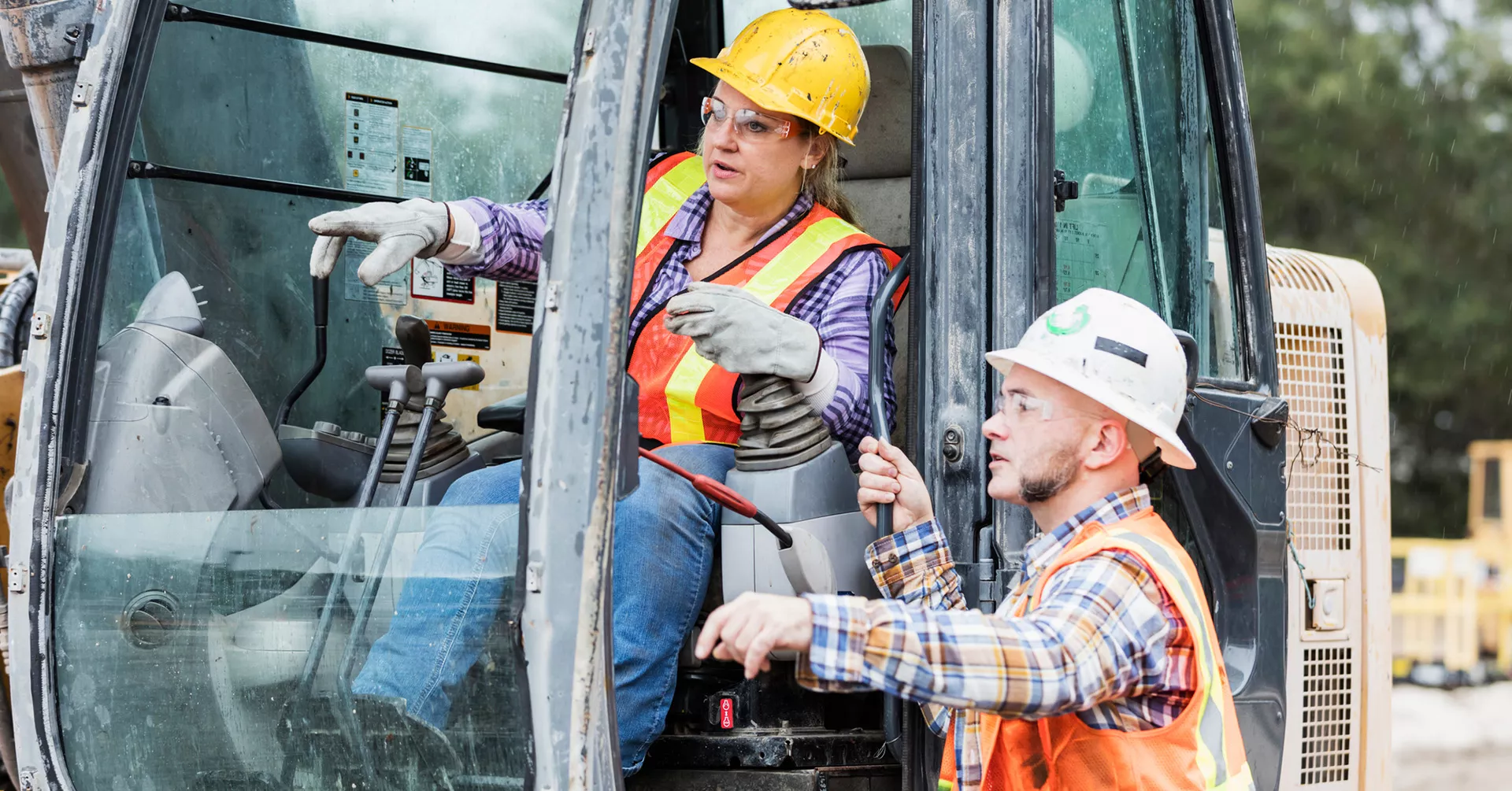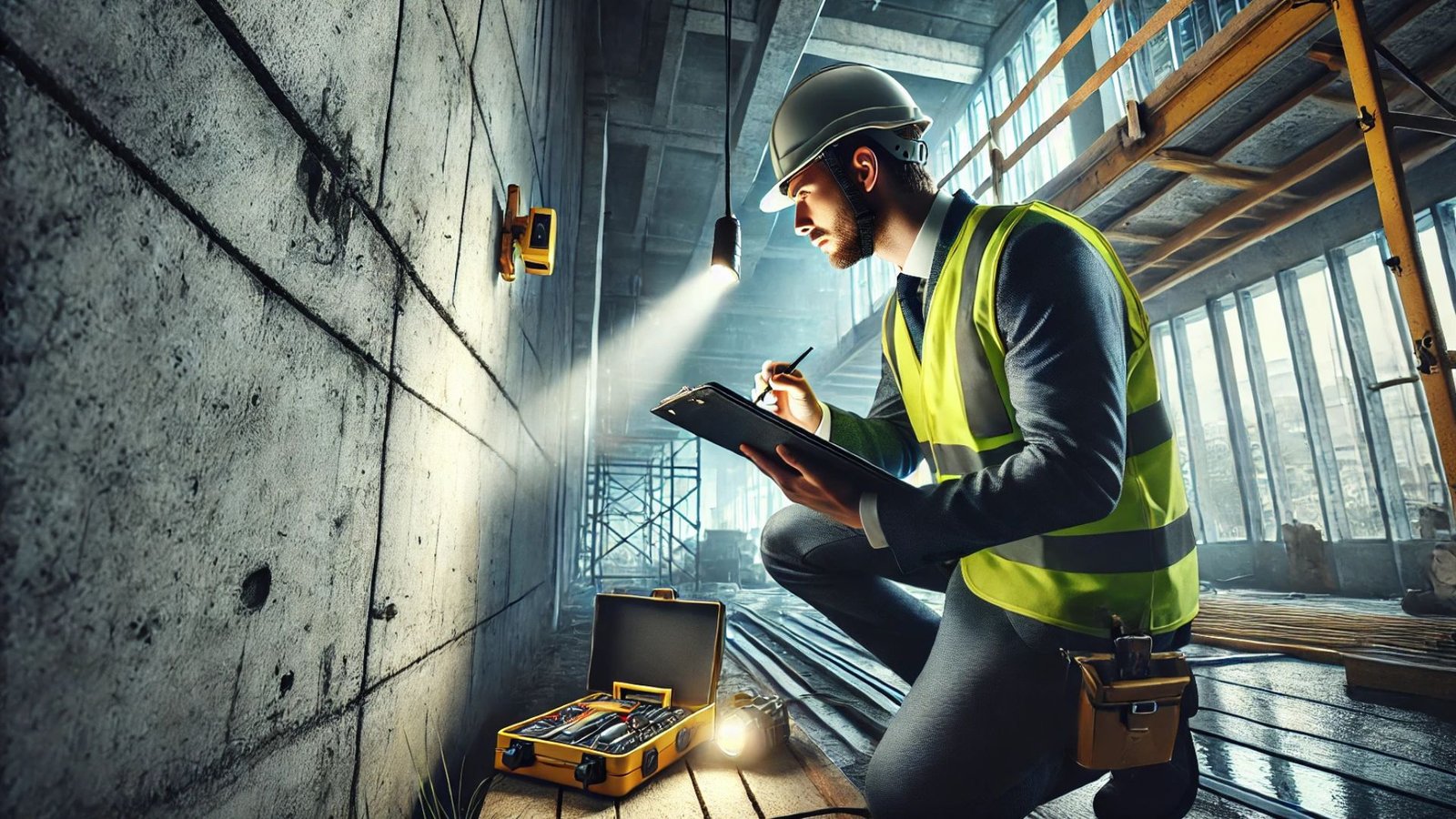Building a new property requires careful planning, organization, and, most importantly, monitoring. New construction monitoring helps ensure that the project is progressing on time, within budget and meets safety and quality standards. However, like any part of the construction process, monitoring comes with its costs. The cost of new construction monitoring can vary depending on several factors. In this article, we’ll explore how much construction monitoring typically costs and what influences these costs.

Understanding New Construction Monitoring
New construction monitoring is the process of overseeing the construction of a building to ensure that it follows the approved plans, complies with local regulations, and meets quality standards. Monitoring can include site inspections, tracking construction progress, checking for compliance with codes, and making sure that safety measures are being followed.
Construction monitoring can be done by the project manager, the builder, or by hiring a third-party inspection or monitoring service. Some builders or contractors include monitoring as part of their overall service package, while others may charge extra for these services.
Factors That Affect New Construction Monitoring Costs
The cost of monitoring new construction depends on several factors. Some of the main elements that can influence how much you’ll pay for construction monitoring include:
1. Project Size and Complexity
The larger and more complex the construction project, the more monitoring will be required. For example, a small residential house may only need a few site inspections throughout the process, while a large commercial building will require more frequent checks, inspections, and detailed reports. If the project has unique elements, such as special materials or designs, it may require additional expertise, which could increase the cost.
2. Location
The location of the construction site can impact the cost of monitoring. In areas where the construction industry is highly regulated, there may be more inspections and reporting requirements, which can increase the overall cost. Additionally, if the construction site is in a remote or hard-to-reach location, transportation costs for inspectors may also add to the total price.
3. Type of Monitoring Services
The cost of monitoring will vary based on the type of services needed. Some common types of new construction monitoring services include:
- Basic Inspections: These include regular checks on the site to ensure that the work is being completed according to the plans, safety regulations, and building codes.
- Third-Party Inspections: These inspections are typically done by external companies that specialize in monitoring construction projects. They may be more thorough and include detailed reports and documentation.
- Project Management Monitoring: In this case, a project manager or construction manager is assigned to oversee the entire process. They are responsible for coordinating inspections, tracking progress, and ensuring that the project stays on schedule and within budget.
- Specialized Inspections: Some projects may require specific types of inspections, such as structural, electrical, or environmental inspections, which can increase the overall cost.
4. Duration of the Project
The length of time it takes to complete a construction project will also affect monitoring costs. A longer construction timeline means more frequent inspections and ongoing monitoring, which will increase costs. Projects with delays or changes to the schedule may require additional monitoring services, further raising the price.
5. Experience and Expertise of the Monitoring Team
Experienced construction monitors or inspectors with a proven track record may charge higher fees for their services. However, hiring an expert can be beneficial, as they will be able to spot potential problems early on and ensure that the construction meets all quality and safety standards. Builders who lack experience in certain types of construction may also want to hire specialists, which could raise costs but help prevent costly mistakes in the future.
Average Costs for New Construction Monitoring
The cost of construction monitoring can vary widely depending on the factors mentioned above. However, here are some general price ranges to give you an idea of what to expect:
1. Per Hour Rates
Construction monitoring companies or project managers may charge an hourly rate for their services. These rates can range from $50 to $200 per hour, depending on the complexity of the project and the level of expertise required. For smaller projects, you may only need a few hours of monitoring, while larger projects may require dozens of hours throughout the build.
2. Flat Fees for Inspections
Some construction monitoring services charge flat fees for specific types of inspections. These fees typically range from $150 to $500 per inspection, depending on the type of inspection and the project’s location. For example, a structural inspection might cost more than a general safety inspection.
3. Project Management Fees
If you hire a project manager to oversee the entire construction process, the cost of their services may be structured as a flat fee or a percentage of the total construction cost. For a typical residential project, project management fees can range from 5% to 15% of the total project cost. For a $500,000 construction project, project management fees could range from $25,000 to $75,000.
4. Third-Party Monitoring Companies
For larger and more complex construction projects, hiring a third-party monitoring company is often a good choice. These companies can offer detailed reports, risk assessments, and regular inspections throughout the construction process. The cost for these services can range from $1,000 to $5,000 per month, depending on the project’s size and duration.
5. Inspections and Permit Fees
In addition to hiring monitoring services, you may also need to budget for inspections required by local building authorities. These inspections are typically required at various stages of construction and are often included in permit fees. Local government inspection fees can range from $100 to $1,000 per inspection, depending on the location and type of inspection.
Why Is New Construction Monitoring Worth the Investment?
While construction monitoring can add costs to your project, it’s an important investment that can save you money in the long run. Here’s why:
1. Preventing Costly Mistakes
Construction monitoring helps identify potential problems early, such as structural issues or non-compliance with building codes. By addressing these problems before they become bigger issues, you can avoid costly repairs and delays later on in the project.
2. Ensuring Quality Control
Monitoring ensures that the construction is being completed according to the highest standards. This not only helps prevent mistakes but also ensures that the finished building will be safe, reliable, and durable for years to come.
3. Avoiding Delays
Construction projects often face delays, whether due to weather, supply issues, or contractor mistakes. By monitoring the progress regularly, you can identify potential delays early and take corrective action to keep the project on track.
4. Meeting Legal and Safety Requirements
Construction monitoring ensures that the project complies with all local regulations, building codes, and safety standards. This is crucial for preventing legal issues and ensuring the safety of the construction site for workers and future occupants.
Conclusion
The cost of new construction monitoring can vary widely based on factors like project size, complexity, location, and the type of services needed. On average, construction monitoring costs can range from a few hundred dollars for basic inspections to several thousand dollars for ongoing project management or third-party monitoring services. While the costs can add up, monitoring is an essential part of the construction process that ensures quality, safety, and compliance. Ultimately, it’s an investment that helps prevent costly mistakes and delays, ensuring your construction project runs smoothly and meets all necessary standards.




